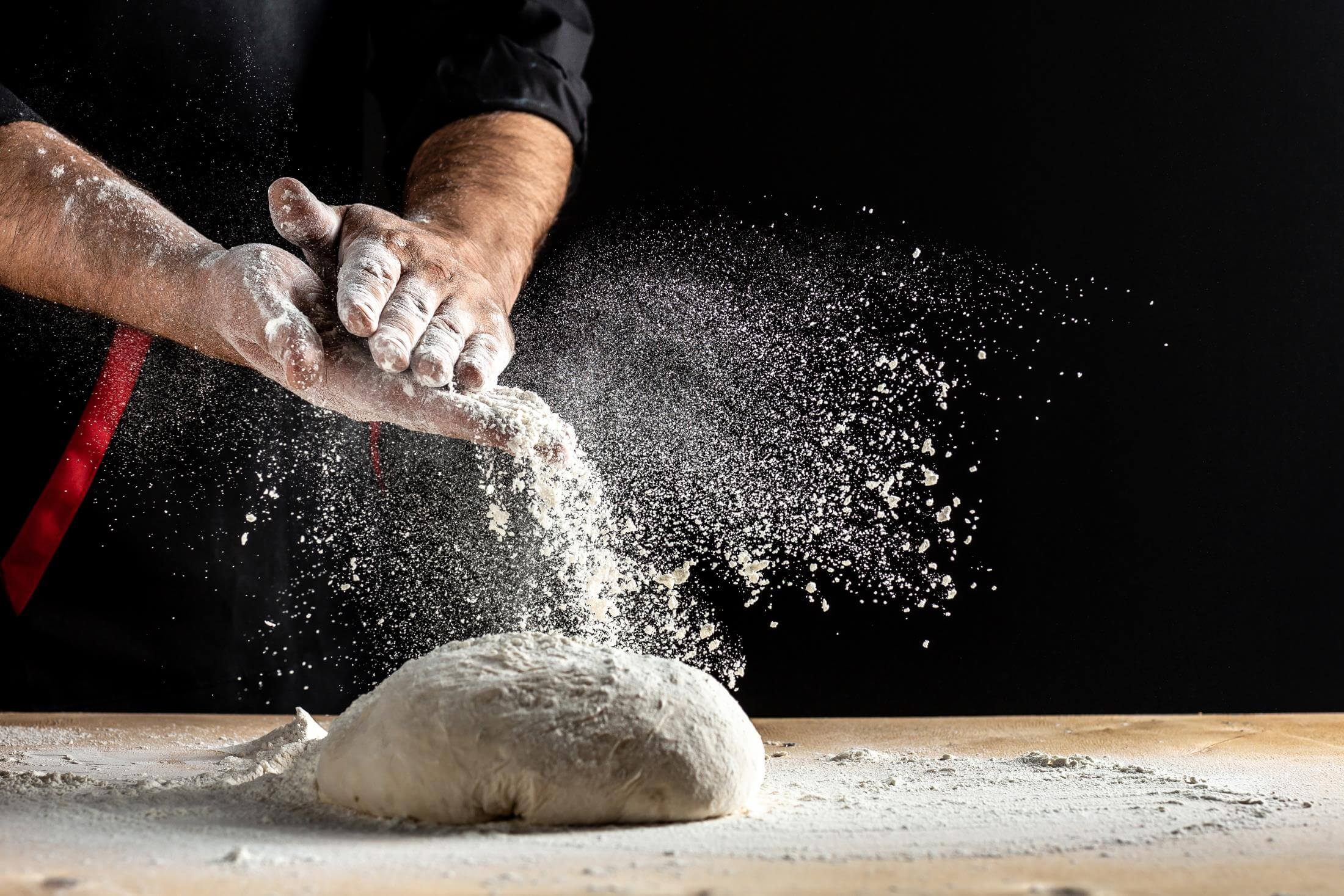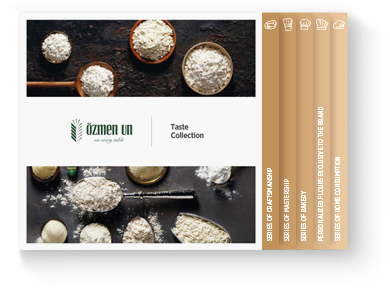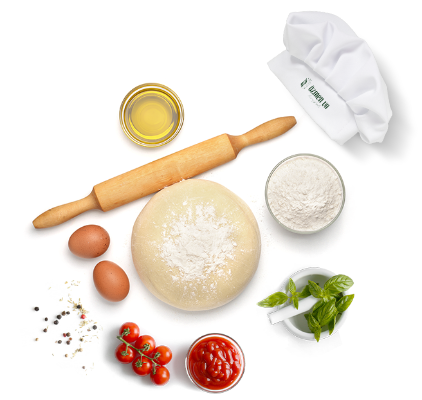History and Development of Flour

As one of the most basic foodstuffs in human history, flour has played an important role in our lives for thousands of years. Since the earliest times, people have been grinding various cereals to obtain flour and using this flour to make bread, pasta and various pastries. In this article, we will examine in detail the history and development of flour and the social and economic impacts of this process.
First Use and History of Flour
The history of flour dates back to the beginning of agriculture. Around 10,000 years ago, humans first started planting and harvesting grains such as wheat and barley. During this period, stone mills were used to grind the grains into flour. Archaeological findings show that the first stone mills were used in the Middle East around 6000 BC. Flour, which was initially produced with primitive methods, began to be processed with more advanced techniques over time. Stone mills were the most widely used method of flour production for a long time.
Flour in Ancient Times
In great civilizations such as ancient Egypt, Mesopotamia and the Roman Empire, flour was widely used as a staple food. In Egypt, baked goods and bread making became an important industry. Flour played a vital role in daily nutrition and was often used in religious rituals. In Mesopotamia, flour was not only used to make bread, but also to brew beer. In Ancient Greece and Rome, flour was used not only to make bread, but also pasta and other baked goods. During the Roman Empire, flour was obtained from a variety of grains and was classified into different grades according to its quality.
Flour and Mills in the Middle Ages
Throughout the Middle Ages, flour continued to be a widely consumed foodstuff in Europe. During this period, water and wind mills were introduced. These new mills greatly accelerated flour production and increased efficiency. Water mills were widely used, especially in areas with large rivers. Wind mills were preferred in areas where there was plenty of wind. These developments allowed flour production to spread further and baked goods to be consumed more widely. In the Middle Ages, flour was not only used to make bread, but also cakes, buns and other pastries.
Industrial Revolution and Flour Production
The Industrial Revolution of the late 19th and early 19th centuries led to major changes in flour production. During this period, steam mills were invented and revolutionized flour production. Steam mills made the flour milling process faster and more efficient. Also, the quality of flour improved significantly during this period. With the Industrial Revolution, flour production increased further and flour reached a wider audience around the world. During this period, flour was ground finer and made more homogeneous through various industrial processes. It was also during this period that flour became easier to transport and store.
Flour in the Modern Era
Today, flour is produced with higher quality and efficiency thanks to advanced technologies and modern agricultural techniques. Modern mills can grind grains more finely and produce a more homogeneous flour. Flours from different grains and special purpose flours are also widely used. For example, whole wheat flour, wholemeal flour, gluten-free flour, etc. cater to various nutritional needs and diets. Thanks to modern flour production techniques, the nutritional value of flour is also preserved and enriched. Demand for healthier options, such as organic flour and whole grain flours, is increasing, especially as health awareness grows.
Cultural and Economic Importance of Flour
Flour is of great importance not only as a foodstuff, but also culturally and economically. In many parts of the world, flour is used as a basic ingredient in traditional dishes. For example, many traditional dishes such as pita bread in Turkey, pizza in Italy and baguette bread in France are made with flour. Flour therefore has a great place in various cultures. Economically, flour plays an important role in the agriculture and food sectors. Flour production provides employment for many people and bakery products have a large market worldwide. Especially in developing countries, flour production and trade is an important part of the economy. Flour exports are also an important source of income for many countries.
The Future of Flour
The future of flour will be shaped by sustainable agriculture and food production techniques. Issues such as organic farming, the use of genetically modified organisms (GMOs) and the use of alternative cereals will play an important role in flour production. In addition, climate change and environmental factors may also affect flour production. Therefore, flour producers and the agricultural sector are developing new strategies to adapt to these changes. Thanks to advancing technology, more environmentally friendly and sustainable methods are being used in flour production. For example, new milling technologies have been developed that reduce water consumption and increase energy efficiency. Significant progress is also being made in waste management and recycling.
Nutritional Value and Health Effects of Flour
Flour is a food rich in carbohydrates, proteins and some important vitamins and minerals. While white flour is often processed and loses some of its nutritional value, varieties such as whole wheat flour and wholemeal flour offer more nutritional value. Whole grain flours in particular contribute to digestive health with their high fiber content. Flour can also cause various health problems. For example, some people cannot consume baked goods due to gluten intolerance or celiac disease. Therefore, the demand for gluten-free flour and gluten-free products has increased in recent years.
Conclusion
Flour has played an important role as a staple food since the beginning of human history. From ancient times to the present day, flour has evolved with the development of agriculture, technology and cultures. Today, thanks to modern flour production techniques, we are able to obtain better quality and more diverse flours. Flour has an indispensable place not only in terms of nutrition, but also in cultural and economic terms. The history and development of flour shows that flour will maintain its importance in the future. Flour is an integral part of humanity's dietary habits and cultural heritage and this will continue in the future.





